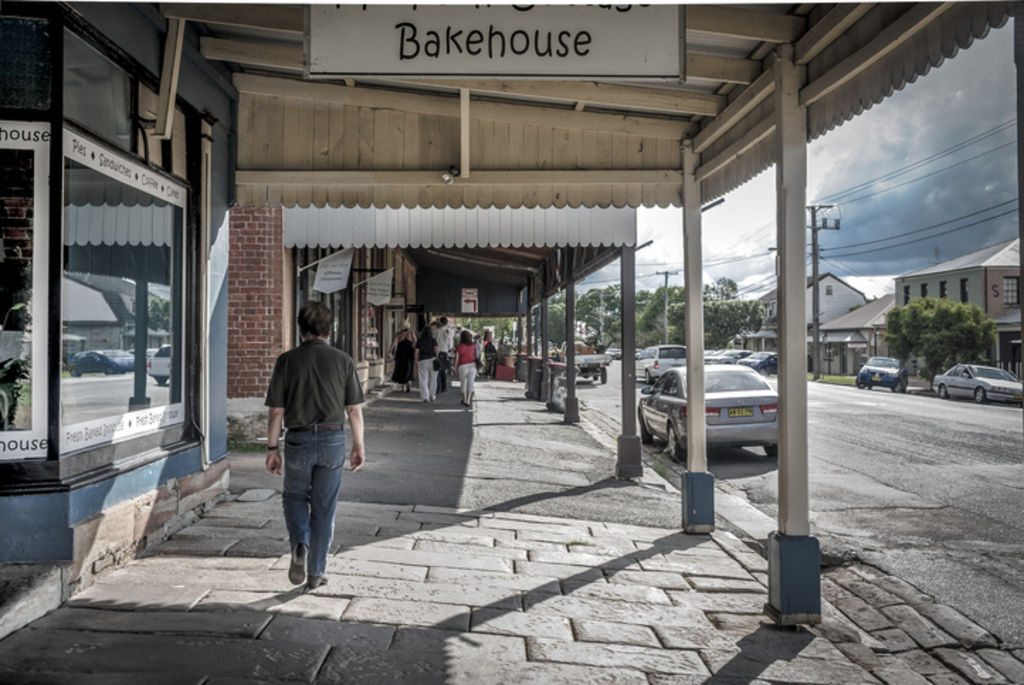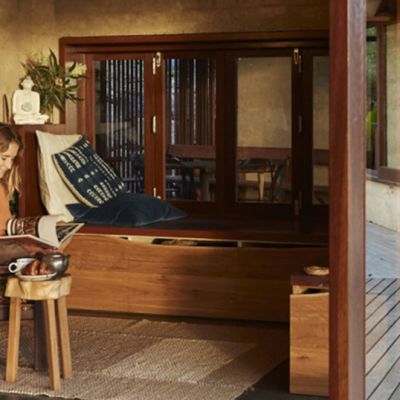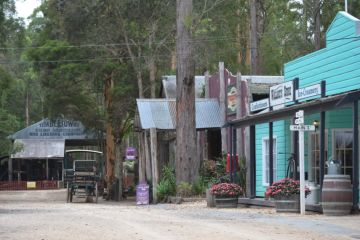The pros and cons of living in a country town versus acreage
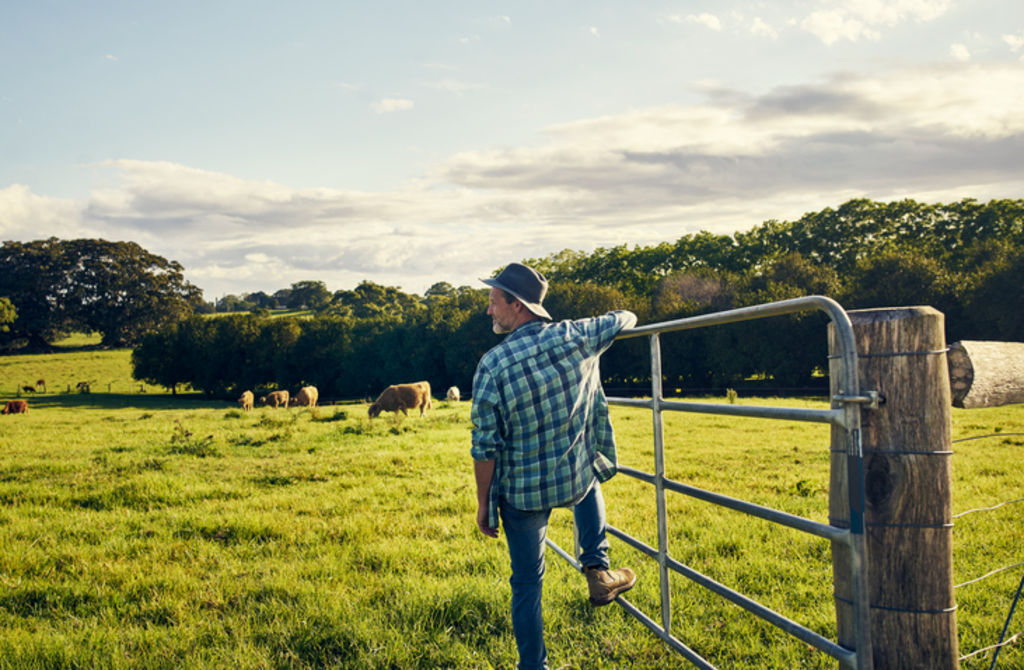
If you’ve finally made the big decision to move to the country, there’s still one more important decision to make.
Will you live in or near town, or out on some acreage?
Each option will give you an entirely different version of country life, so weigh up the pros and cons of each to help you make your choice.
Hear how Shelley Craft made a tree change on Somewhere Else:
Living in town
We all love a country town, but do you want to live in one?
Some of the best bits about being a townie (as we call them here in the country) are:
- You’re right in the thick of the action. “Action?” you might ask, and the answer is yes. Regional people are often highly engaged and active in their communities, and there’s always lots happening.
- It’s easy to duck to the shops to grab something for dinner or have a coffee, without having to wonder if it’s worth the trip.
- If you have kids, they can have a great sense of independence as they grow up. In country towns you’ll see kids out at skate parks, riding their bikes to friends’ houses and to school, and walking up to the shops to grab some milk. (And word will get back to you if they’re doing the wrong thing.)
- In town, you’ll have an easily manageable block to maintain. This is particularly good if you like to garden but don’t want to maintain large chunks of land, or if you’re time poor.
However, some of the cons are:
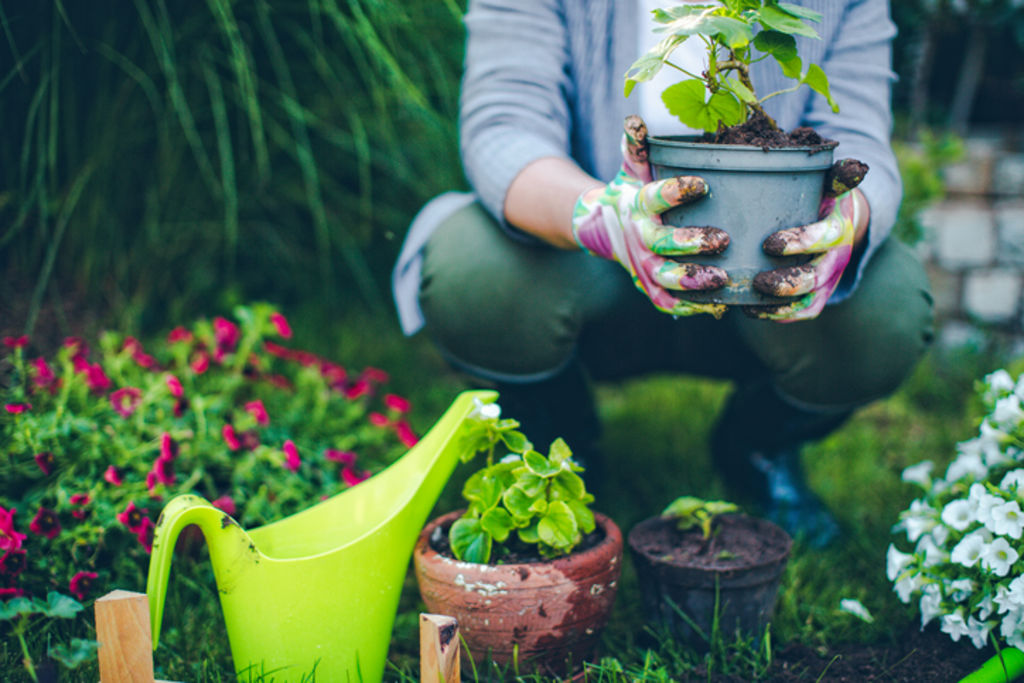
- Living right in town, on increasingly smaller blocks due to subdivisions, can feel a bit like living in suburbia. And, if you’ve moved to the country, that might be the very feeling you want to escape.
- The downside of being right in the thick of the action is that it will inevitably come with some politics. And a lot of requests for you to join committees and clubs.
- While it’s great that there’s always something happening in country towns, if you live nearby you’ll catch the noise of the festivals, events and visitors.
Living on acreage
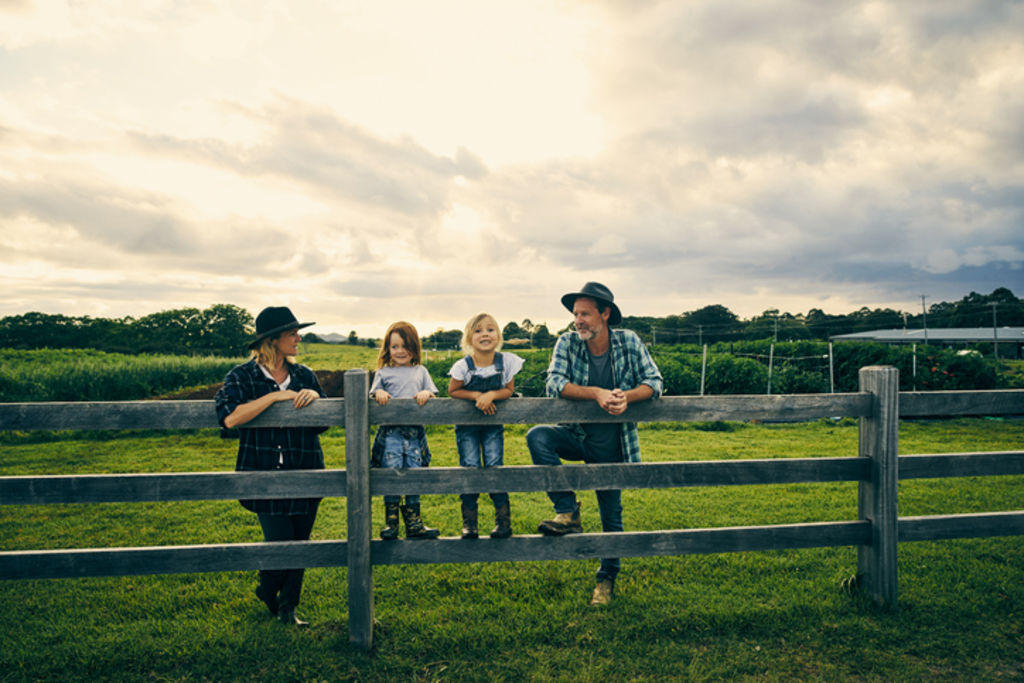
Whether you’re considering a hobby farm or something bigger, this is the more stereotypical imagining of living in the country.
And, in some ways, living on acreage is just as wonderful as you might imagine. The best things about it include:
- Whether your property has a lovely view or you’re simply surrounded by paddocks, the outlooks on acreage (and the sunsets you’re likely to get) are usually just as good as a real estate brochure shows.
- Farming animals, growing fruit and vegetables, creating beautiful gardens: you can do a whole range of things on your land. The world (well, your part of it) is your oyster.
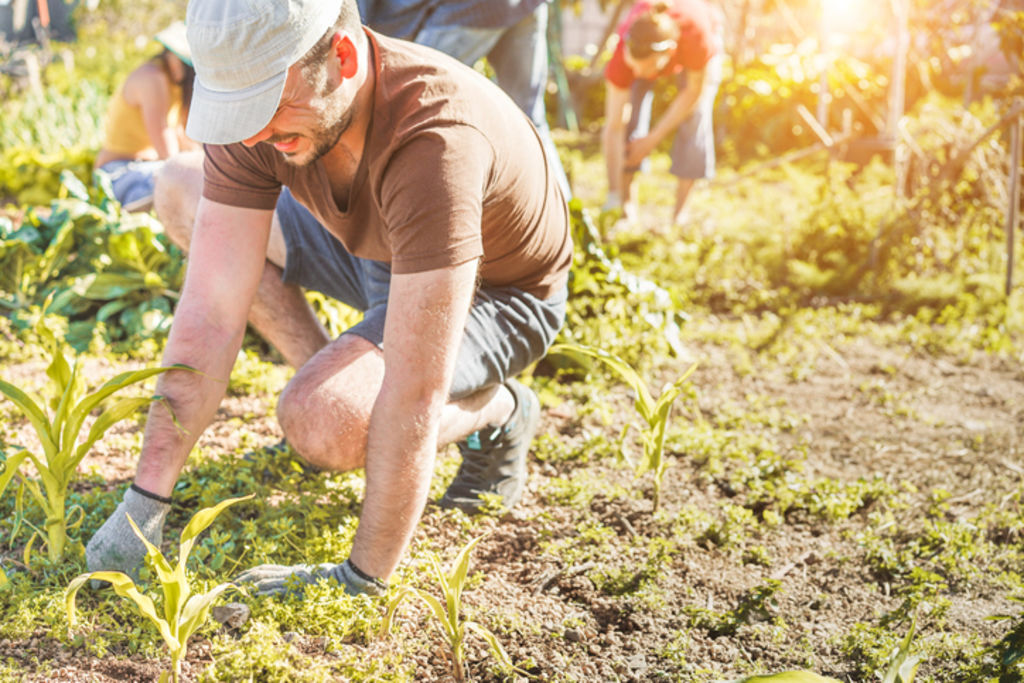
- One of the big highlights of living on a sizeable property is that you don’t have to deal with anyone else’s noise. No late parties keeping you awake and, if you’re an introvert, you might like that there’s no one trying to chat as you get in the car. Also, you can make as much noise as you like without worrying about bothering the neighbours.
- If you think that living in a country town gives kids an old-fashioned childhood, then living on acreage is next level. The kids can (and country kids often do) spend time swimming in the dam, climbing trees and helping on the farm.
But the grass isn’t necessarily greener in the paddocks. Some of the cons of living on acreage include:
- It’s a lot of work. Home owners know that there are always jobs to be done, but when you have a large piece of land the jobs double. Mowing, looking after animals, tending to bigger garden areas, keeping fences maintained … the list goes on.
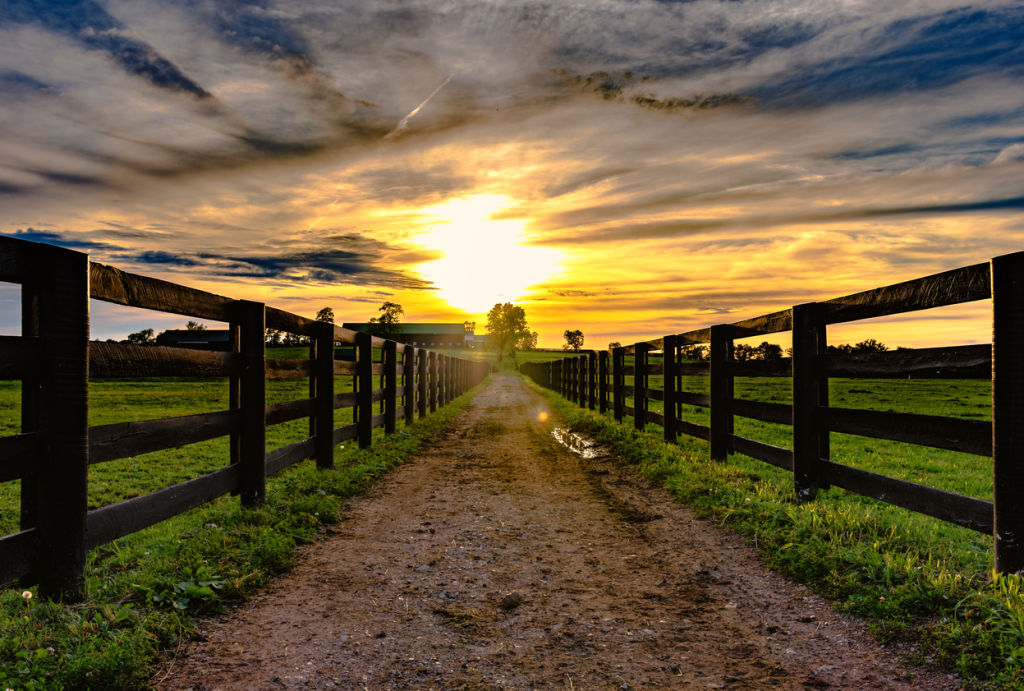
- Snakes. Depending where you’re moving to, this is one to be aware of, and especially if you have kids. Romping carefree around the grass and yabbying in the dam must all be done with boots and watchful eyes.
- You have to drive everywhere, and this can get annoying. It’s also a consideration if you’re environmentally aware, although growing your own food or using your own water sparsely can help to negate that sense of unease.
- Water is a constant consideration when you live on acreage. You may be reliant on tanks, or if you’re lucky enough to have a water source on your property it can be at risk of drying up. It’s likely you’ll also be pumping water from tanks or dams to water gardens or crops, or to provide water to animals. Water is a constant question mark on the land.
- It can be a bit lonely, but this depends on how much time you spend at home. If you go out to work every day, then coming home to your large chunk of land can be peaceful, but if you’re home much of the time it can start to feel a bit isolating.
We recommend
We thought you might like
States
Capital Cities
Capital Cities - Rentals
Popular Areas
Allhomes
More
- © 2025, CoStar Group Inc.
